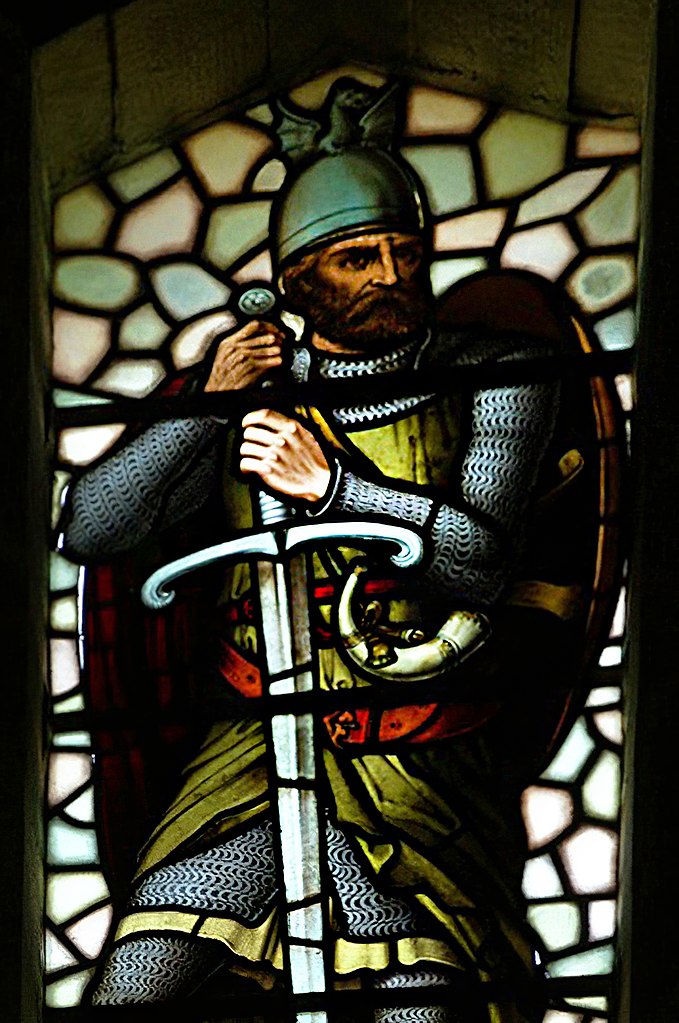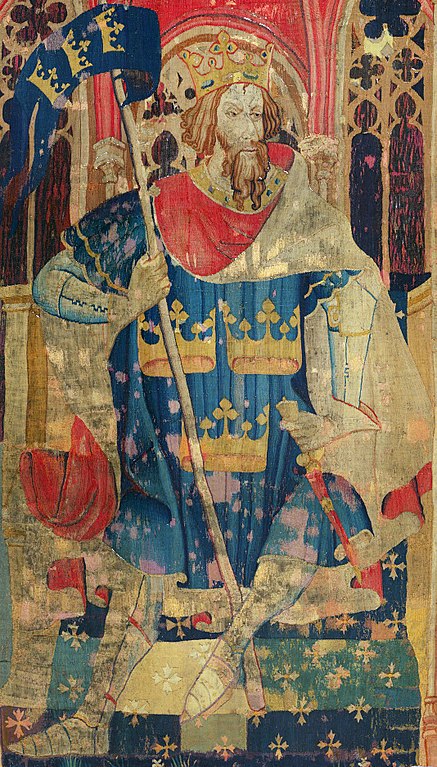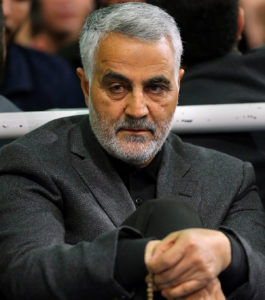
One of the reasons we’re so divided is that we never agreed what kind of nation we should be: civic or ethnic. The Founders believed they were creating a civic nation: one based on reason and a social contract, by which free people chose to associate with each other.
But many people rejected that idea. They wanted an ethnic nation: one based not on reason but on faith, and not on a social contract but on loyalty to shared roots and culture. To them, a civic nation sounded soulless.
That split persists today, and it explains a lot about the durability of support for Trump, no matter what the facts say about his incompetence and corruption.
Ethnic nationalism frequently overlaps with racism, but the two aren’t identical. And discussions of ethnic nationalism often stop at racism, because racism looms so large and is so highly charged.
But as important as racism is, it’s not the whole story about ethnic nationalism, in which race and culture are intertwined. Sometimes ethnic nationalism is about race. Sometimes it’s about culture. And sometimes it’s about both.
To opponents of President Trump, including me, it looks obvious that he’s a racist. Some of his supporters think he’s a racist, too, and like that about him. But others think the racism charge is an unfair attack on someone who’s just trying to defend their culture. They’d say you don’t have to hate other cultures to love your own.
In the ethnic nationalist worldview, a nation is more than a lifeless contract, and faith and loyalty are more important than cold facts and logic. In fact all of us see things that way at least sometimes: when we’re inspired by stories of faith in, and loyalty to, legendary leaders like King Arthur, William Wallace (“Braveheart”), Luke Skywalker, or The Black Panther/King T’Challa.
Within the ethnic nationalist worldview, once you’ve sworn loyalty to your leader, it should be an unbreakable bond, but civic nationalists appear to be loyal to nothing. To civic nationalists, rational skepticism about leaders is a democratic virtue, but to ethnic nationalists, it looks like disloyalty or even treason.
It’s the same with civic nationalists’ commitment to progress: to them, progress looks self-evidently good. But to ethnic nationalists, people who are so willing to change, and to abandon tradition, can’t be trusted from one day to the next.
So it is with loyalty to Trump. Since his followers are committed to him, rational arguments are unlikely to change their minds — and may make their commitment even stronger. Ethnic nationalism is descended from the tradition of the divine right of kings, and the language of that tradition is used to describe Trump: a leader chosen by God.
So challenging loyalty to Trump with facts and logic, no matter how compelling they may be, is something like walking into the middle of a religious service and shouting, “But there’s no evidence any of this is true!” It isn’t likely to be persuasive. To the faithful, there’s a higher form of truth.
So how to campaign against Trump? Don’t argue with his followers. Show them he isn’t worthy of their devotion.
If loyalty to the man trumps trust in reason, expose the man for what he is.
Medieval soldiers swore to follow their king to the death — unless on the battlefield they discovered that he had no idea what he was doing and that he ran at the first sign of danger.
That’s Trump. Don’t try to show why he’s wrong. Show what he is.
(I develop these ideas and others in my book Patriots of Two Nations.)
Stained glass window depicting WIlliam Wallace at the Wallace Monument, Stirling, Scotland, via Otter / CC BY-SA.



